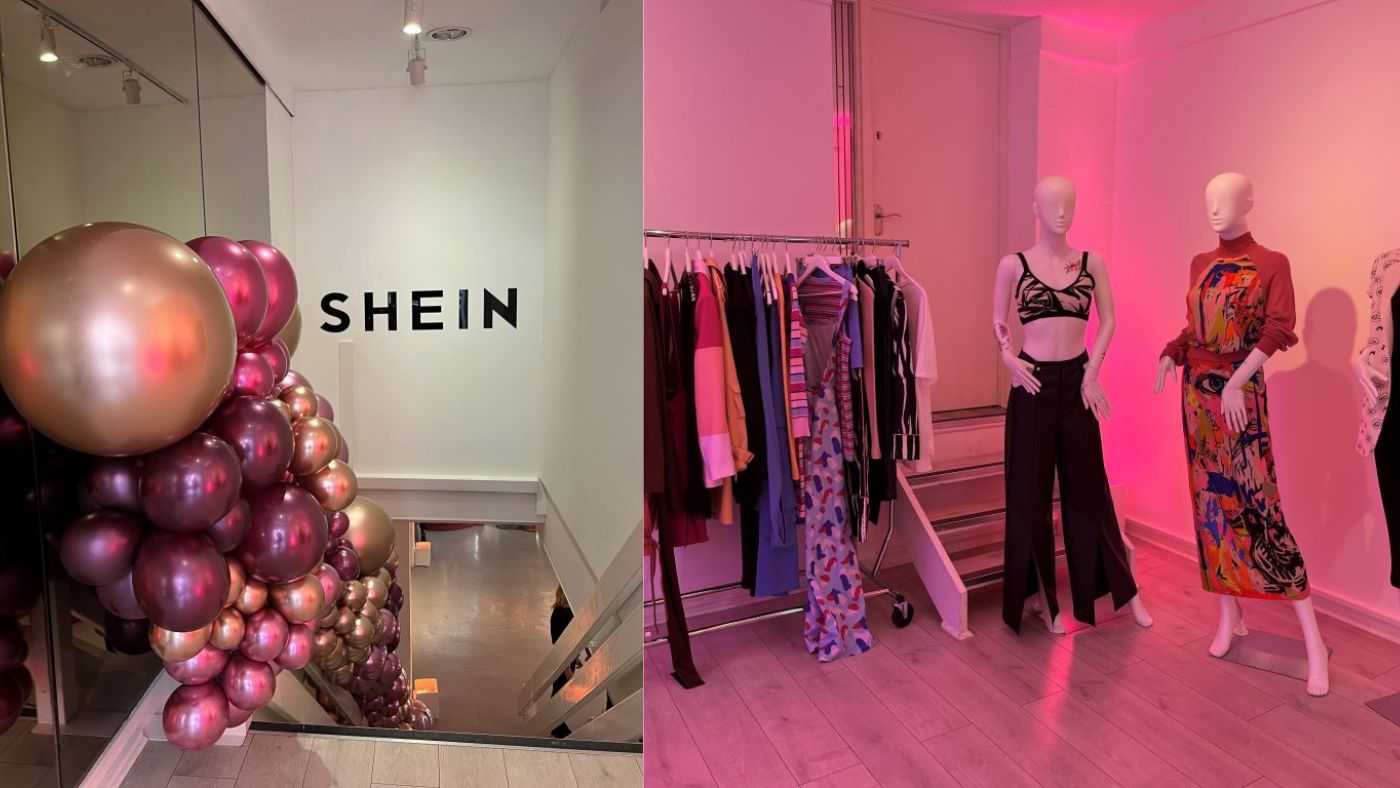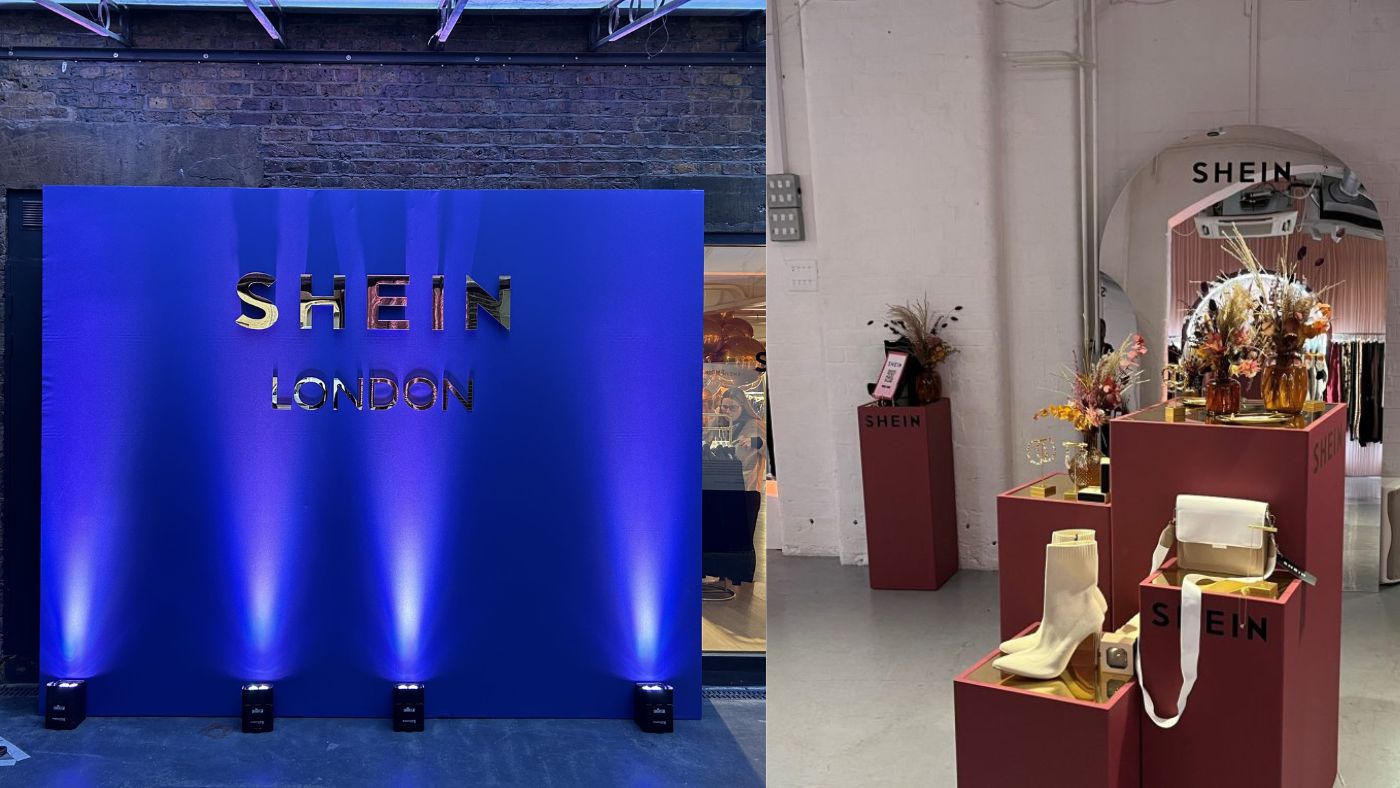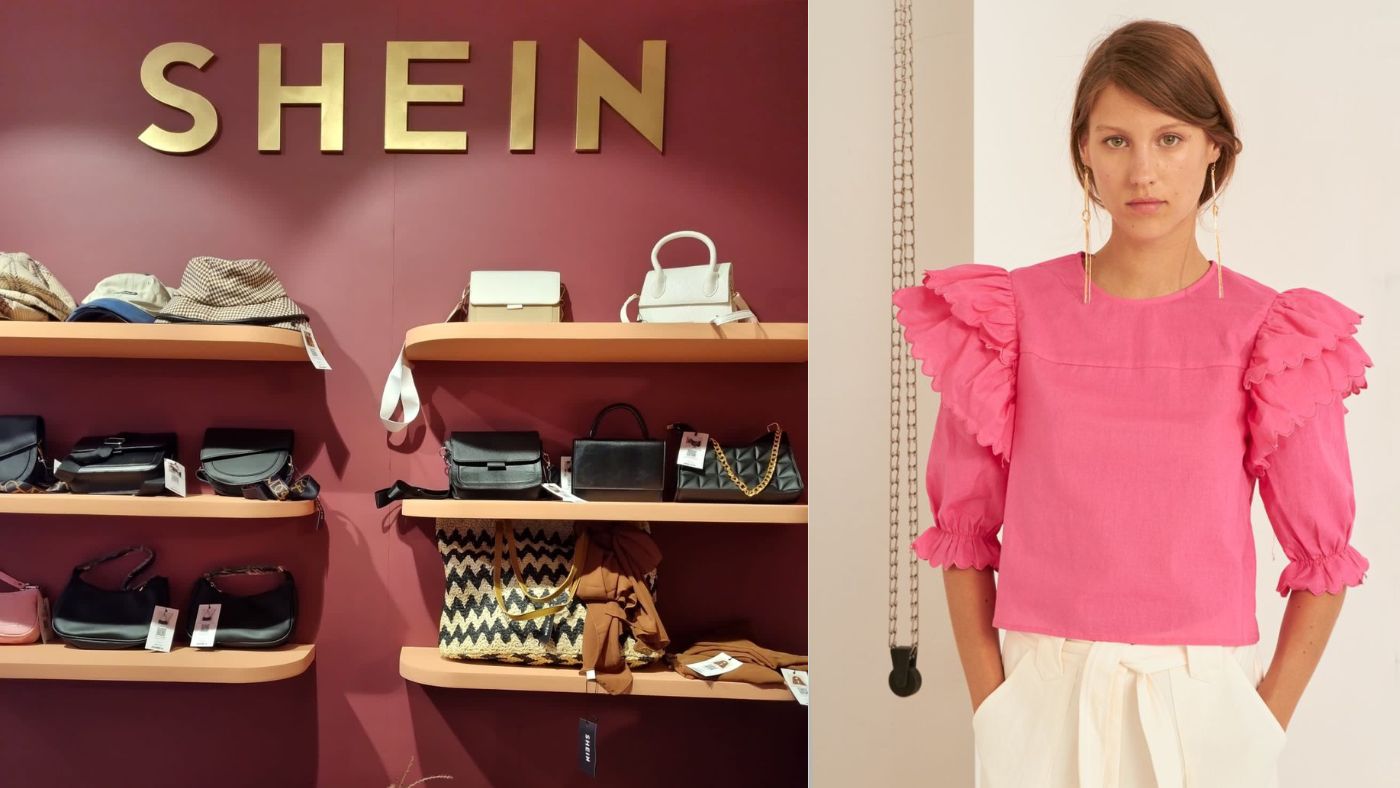As online fast-fashion retailer Shein intensifies its pre-IPO charm offensive in Britain, opposition is also mounting from Europe’s retail industry and lawmakers.
As citizens of 27 countries prepare to vote in the European Union elections, European manufacturers of fabric, clothes, leather goods, and shoes have urged future EU policymakers this week to protect the 1.5 million jobs in their sector from the influx of low-cost products being “dumped” on the market.
With industrial policy being a key election issue, apparel manufacturers, retailers, and e-commerce companies are lobbying to bring attention to the impact of cheap clothes, accessories, and gadgets from China.
They are using similar rhetoric to that of EU officials concerning Chinese overcapacity in electric vehicles.

Europe’s textiles, footwear, and leather industries, which include fast-fashion giants Zara (ITX.MC) and H&M (HMb.ST), as well as the world’s largest luxury brands, generate a combined annual turnover exceeding 200 billion euros ($220 billion).
Ninety-nine percent of companies in the sector are small or medium-sized enterprises, making them particularly susceptible to “fierce” global competition, the industry groups stated in a joint announcement.
Poland’s e-commerce association argued in a report that Chinese state subsidies provide online marketplaces like Shein, which offers $5 T-shirts, $15 jeans, and $1 earrings directly from China to customers worldwide, with an unfair advantage over European competitors.
A Shein spokesperson countered, “There is no truth to the allegation that Chinese state subsidies help support SHEIN’s business and its expansion worldwide.”
While most Shein products are made in southern China, the company has been developing a supplier base in Brazil and Turkey. “We expect our Turkish supply chain partners to increasingly support us in serving the European market,” the spokesperson added.

Shein is also striving to improve its reputation in France, where lawmakers in the lower house of parliament approved a bill in March aiming to impose penalties on fast fashion products to mitigate their environmental impact.
Raphael Glucksmann, an EU lawmaker leading France’s Socialist party list in the elections, is a strong advocate of the bill and a prominent critic of Shein. Shein argued that the bill would only diminish French consumers’ purchasing power.
On Monday, Shein announced plans to expand its second-hand clothing resale platform, “Shein Exchange,” to France first, followed by the UK and Germany, after its initial launch in the U.S. in late 2022.
While Shein has declined to comment on its IPO plans, it is actively engaging with officials in Germany.
Lionel Lim, associate director of global government relations at Shein, hosted an “ESG breakfast roundtable” in Berlin last month, attended by government officials, trade association members, and business partners, according to his LinkedIn post.







Leave a Reply